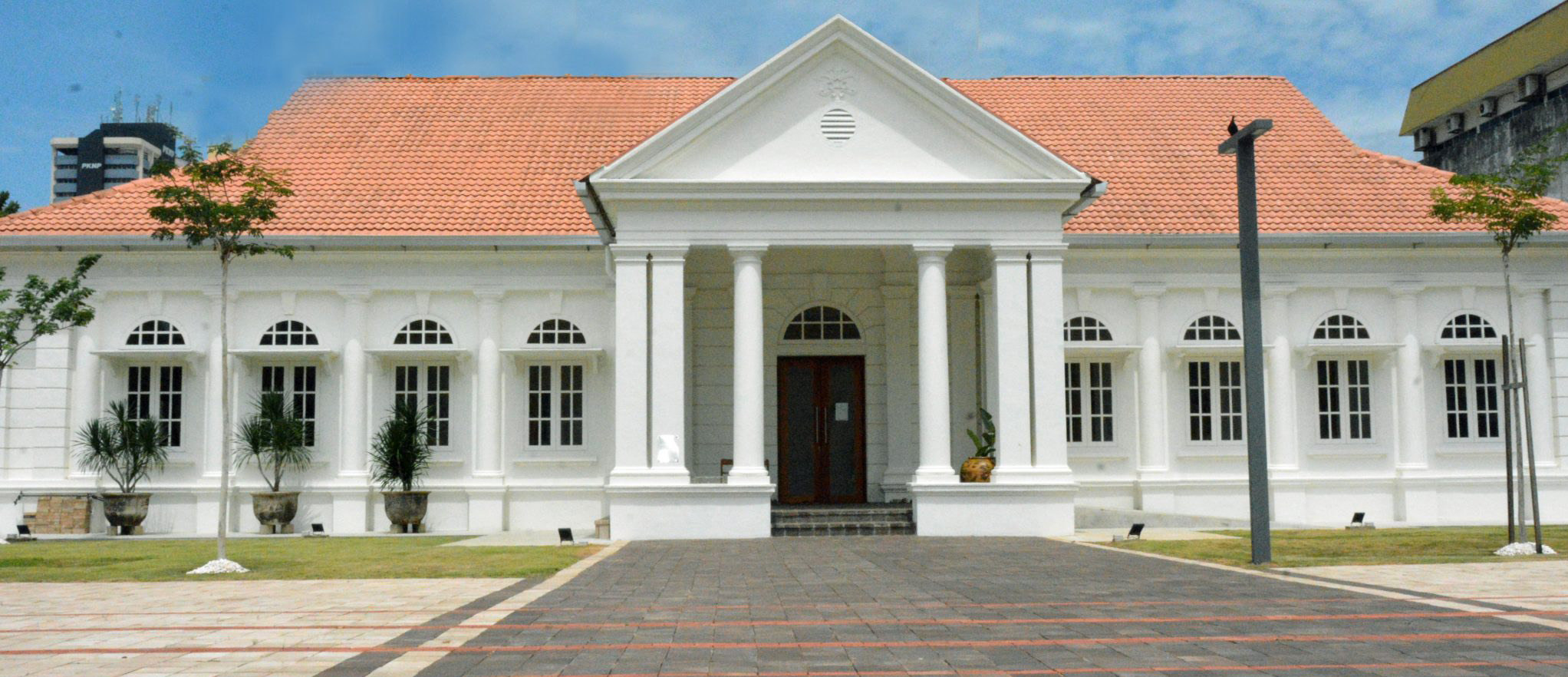Don Quixote and the subversive tradition of Golden Age Spain (Record no. 3262)
[ view plain ]
| 000 -LEADER | |
|---|---|
| fixed length control field | 02313nam a22002057a 4500 |
| 003 - CONTROL NUMBER IDENTIFIER | |
| control field | PMNP |
| 005 - DATE AND TIME OF LATEST TRANSACTION | |
| control field | 20250421103911.0 |
| 008 - FIXED-LENGTH DATA ELEMENTS--GENERAL INFORMATION | |
| fixed length control field | 250421b |||||||| |||| 00| 0 eng d |
| 020 ## - INTERNATIONAL STANDARD BOOK NUMBER | |
| International Standard Book Number | 9781845198626 |
| 040 ## - CATALOGING SOURCE | |
| Original cataloging agency | PMNP |
| Language of cataloging | eng |
| Transcribing agency | Kutubkhanah Diraja |
| 082 ## - DEWEY DECIMAL CLASSIFICATION NUMBER | |
| Classification number | 863.3 |
| 100 ## - MAIN ENTRY--PERSONAL NAME | |
| 9 (RLIN) | 3468 |
| Personal name | Britton, R. K. |
| 245 ## - TITLE STATEMENT | |
| Title | Don Quixote and the subversive tradition of Golden Age Spain |
| Statement of responsibility, etc. | R.K. Britton. |
| 260 ## - PUBLICATION, DISTRIBUTION, ETC. | |
| Place of publication, distribution, etc. | Brighton ; Chicago |
| Name of publisher, distributor, etc. | Sussex Academic Press, |
| Date of publication, distribution, etc. | 2019 |
| 300 ## - PHYSICAL DESCRIPTION | |
| Extent | 255pages |
| Other physical details | 24cm |
| 520 ## - SUMMARY, ETC. | |
| Summary, etc. | This study offers a reading of Don Quixote, with comparative material from Golden Age history and Cervantes life, to argue that his greatest work was not just the hilariously comic entertainment that most of his contemporaries took it to be. Rather, it belongs to a subversive tradition of writing that grew up in sixteenth-century Spain and which constantly questioned the aims and standards of the imperial nation state that Counter-reformation Spain had become from the point of view of Renaissance humanism. Prime consideration needs to be given to the system of Spanish censorship at the time, run largely by the Inquisition albeit officially an institution of the crown, and its effect on the cultural life of the country. In response, writers of poetry and prose fiction -- strenuously attacked on moral grounds by sections of the clergy and the laity -- became adept at camouflaging heterodox ideas through rhetoric and imaginative invention. Ironically, Cervantes success in avoiding the attention of the censor by concealing his criticisms beneath irony and humour was so effective that even some twentieth-century scholars have maintained Don Quixote is a brilliantly funny book but no more. Bob Britton draws on recent critical and historical scholarship -- including ideas on cultural authority and studies on the way Cervantes addresses history, truth, writing, law and gender in Don Quixote -- and engages with the intellectual and moral issues that this much-loved writer engaged with. The summation and appraisal of these elements within the context of Golden Age censorship and the literary politics of the time make it essential reading for all those who are interested in or study the Spanish language and its literature. |
| 650 #0 - SUBJECT ADDED ENTRY--TOPICAL TERM | |
| 9 (RLIN) | 86 |
| Topical term or geographic name entry element | History |
| 942 ## - ADDED ENTRY ELEMENTS (KOHA) | |
| Source of classification or shelving scheme | |
| Koha item type | Books |
| Suppress in OPAC | No |
| Withdrawn status | Lost status | Source of classification or shelving scheme | Damaged status | Not for loan | Home library | Current library | Shelving location | Date acquired | Total Checkouts | Full call number | Barcode | Date last seen | Price effective from | Koha item type |
|---|---|---|---|---|---|---|---|---|---|---|---|---|---|---|
| Perbadanan Muzium Negeri Pahang | Annexe Office | Annexe | 04/21/2025 | 863.3 | 2025-0087 | 04/21/2025 | 04/21/2025 | Books |
